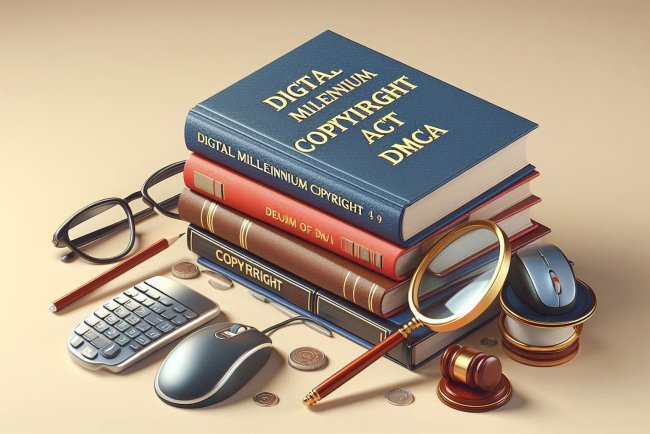Data Protection Laws
Learn about data protection laws, regulations, and best practices to safeguard personal information and ensure compliance with privacy requirements.

Data Protection Laws
Data protection laws are regulations that govern the use, processing, and storage of personal data. These laws are designed to protect individuals' privacy and ensure that their personal information is handled securely and responsibly. Data protection laws vary by country, but they generally require organizations to obtain consent before collecting personal data, use the data only for specified purposes, and take measures to protect the data from unauthorized access or disclosure.
Key Principles of Data Protection Laws
There are several key principles that underpin data protection laws:
- Lawfulness, fairness, and transparency: Organizations must process personal data lawfully, fairly, and in a transparent manner. This means they must have a legal basis for processing data, provide individuals with clear information about how their data will be used, and ensure that their data is used in a way that is fair and not misleading.
- Purpose limitation: Personal data should be collected for specified, explicit, and legitimate purposes and not further processed in a manner that is incompatible with those purposes.
- Data minimization: Organizations should only collect the personal data that is necessary for the purposes for which it is being processed.
- Accuracy: Personal data should be accurate and, where necessary, kept up to date. Organizations must take reasonable steps to ensure that inaccurate data is rectified or deleted.
- Storage limitation: Personal data should be kept in a form that allows identification of data subjects for no longer than is necessary for the purposes for which the data is being processed.
- Integrity and confidentiality: Organizations must implement appropriate technical and organizational measures to protect personal data from unauthorized access, disclosure, alteration, or destruction.
- Accountability: Organizations are responsible for complying with data protection laws and must be able to demonstrate their compliance by implementing appropriate measures and documenting their data processing activities.
Global Data Protection Laws
Many countries around the world have enacted data protection laws to regulate the processing of personal data. Some of the most well-known data protection laws include:
- General Data Protection Regulation (GDPR): The GDPR is a comprehensive data protection law that applies to all European Union (EU) member states. It sets out strict requirements for the processing of personal data, including the need for organizations to obtain individuals' consent before collecting their data, and imposes heavy penalties for non-compliance.
- California Consumer Privacy Act (CCPA): The CCPA is a data protection law in the state of California that gives consumers more control over the personal information that businesses collect about them. It requires businesses to disclose their data collection and sharing practices and allows consumers to opt out of the sale of their personal information.
- Personal Information Protection Act (PIPA): The PIPA is a data protection law in Japan that regulates the handling of personal information by businesses and government agencies. It requires organizations to obtain individuals' consent before collecting their data and to take measures to protect the data from unauthorized access or disclosure.
Impact of Data Protection Laws
Data protection laws have had a significant impact on how organizations collect, process, and store personal data. Some of the key effects of data protection laws include:
- Increased transparency: Data protection laws require organizations to be more transparent about their data processing activities and to provide individuals with clear information about how their data is being used.
- Enhanced data security: Organizations are now required to implement robust security measures to protect personal data from unauthorized access or disclosure, leading to improved data security practices.
- Greater accountability: Data protection laws hold organizations accountable for how they handle personal data and require them to demonstrate compliance with the law through documentation and reporting.
- Empowered individuals: Data protection laws give individuals more control over their personal data and allow them to exercise their rights, such as the right to access their data, the right to rectify inaccuracies, and the right to erasure.
What's Your Reaction?

















